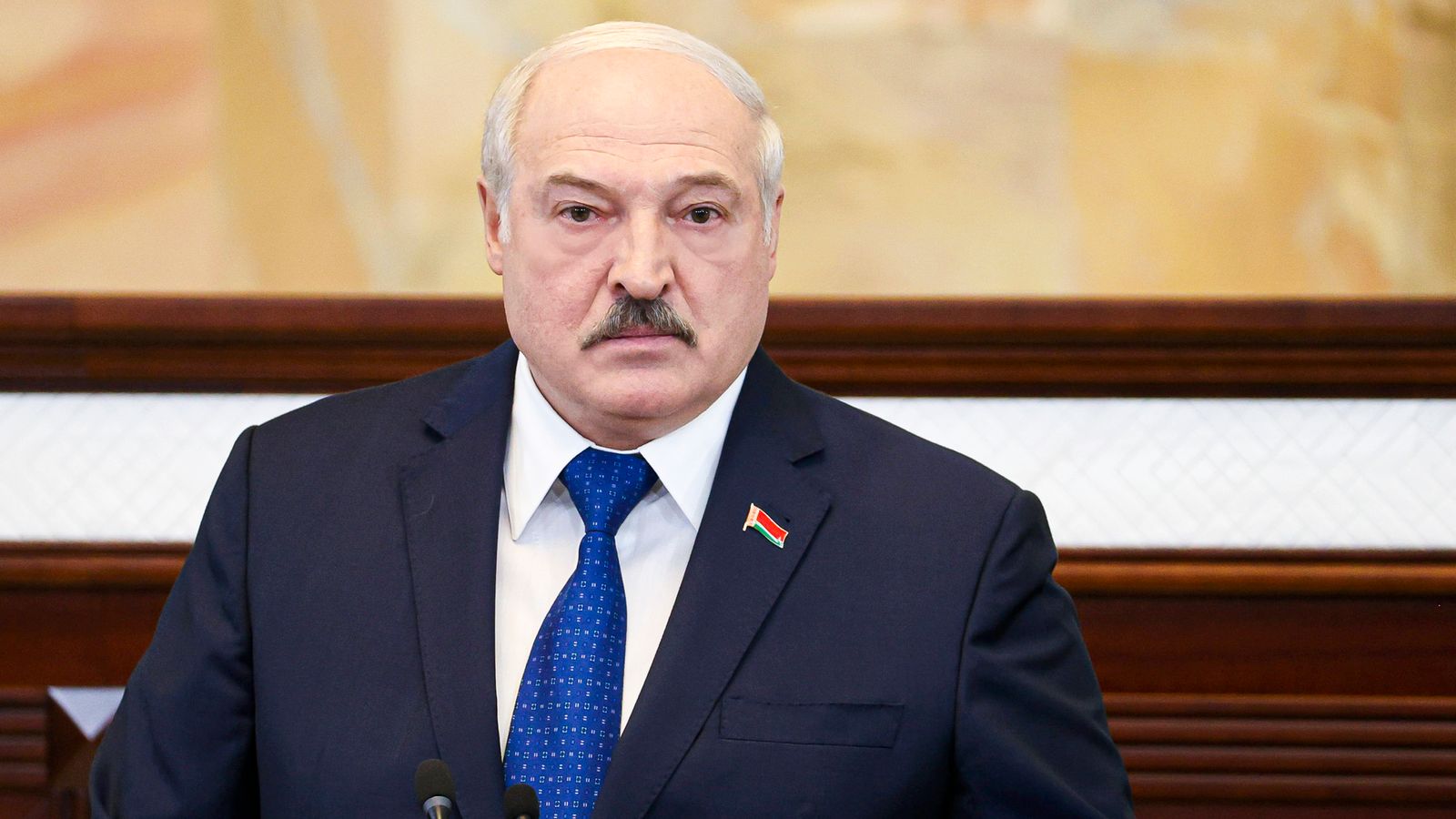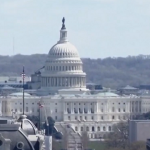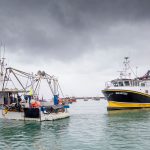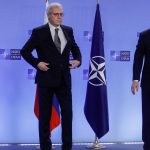Belarus President Alexander Lukashenko has accused critics in the West of crossing “many red lines”, in his first public comments since a Ryanair jet was forced to land in Minsk and an opposition activist arrested.
“As we predicted, ill-wishers from outside and inside the country, have changed their methods of attacking us,” he told a group of MPs and officials in the capital, on Wednesday morning.
“They have crossed many red lines and have abandoned common sense and human morals.”
It was an “absolute lie,” he added defiantly, to say a fighter jet was scrambled to intercept the plane on Sunday solely to detain a journalist and opposition activist, insisting Belarusian authorities had received a bomb warning.
No device was found in a search after the plane landed, but Roman Protasevich, 26, and his Russian girlfriend, Sofia Sapega, 23, were held.
Reminding his audience the craft was flying near a nuclear power station, Mr Lukashenko said: “I acted in a lawful way, protecting people in line with international rules.
“I had to protect people, I was thinking about the country’s security.”
The bomb warning was sent by Switzerland, Mr Lukashenko said, but officials in Bern have denied being behind it.
The 66-year-old, who has ruled the ex-Soviet nation with an iron fist for more than a quarter of a century, has relentlessly stifled dissent while in office.
Please use Chrome browser for a more accessible video player
Mr Protasevich, who, like Ms Sapega, is based in Lithuania, appeared in a video on Monday admitting he had played a role in organising anti-government protests in Minsk last year.
His father, Dzmitry Protasevich, saw the video from his home in Poland, and dismissed it as the result of coercion.
On Tuesday, Ms Sapega, appeared in a similar video.
Mr Protasevich’s social media feed had been one of the few independent outlets for news about Belarus since Mr Lukashenko declared victory in an election last August dismissed by many as fraudulent.
The result prompted anti-government protests and about 35,000 people have been arrested since then.
Please use Chrome browser for a more accessible video player
European Union leaders have denounced the move to divert the plane – which was flying between two EU countries, Greece and Lithuania – and being operated by an airline based in a third – as an act of piracy.
Europe’s aviation regulator urged all airlines to avoid Belarus airspace for safety reasons, saying the incident raised doubts about whether the country could provide safe skies.
Some airlines have already done so, refusing to land in – or depart from – the country.
There are calls for further sanctions to be placed on the country on top of those imposed by the EU and US after Lukashenko’s crackdown on pro-democracy protests following the disputed poll.
Analysis: A thinly-veiled warning to domestic critics
By Adam Parsons, Europe correspondent
Alexander Lukashenko is defiant and dogmatic, and he’s very likely to stay that way.
The grip that he holds over Belarus is based on the principle that you’re either with him or against him – and if you oppose him, then you deserve everything that comes your way.
So the West – the UK, the European Union, the United States and others – which have characterised him as a ruthless dictator, are written off as opponents waging “hybrid war” and trying to “strangle” Belarus, while dissidents are seized, imprisoned, tortured and even killed.
This is an old-fashioned Soviet concept of ruling by fear.
Lukashenko has always had a misty-eyed view of the Soviet Union, having bemoaned its downfall and sought to maintain many of its trappings, and he retains the idea that a scared population is easiest to control.
As long as he has the support of the army, the police and – perhaps most importantly – Vladimir Putin, then that works.
So while Lukashenko’s words of defiance today might seem to have been aimed at the wider world, they are actually focused upon opponents at home – a message that he is still in charge and still pursuing his opponents, even when they are flying on commercial airplanes between two EU countries.
In Lukashenko’s world, dissent cannot be accepted.
The chances of him backtracking on that position are vanishingly small.






















